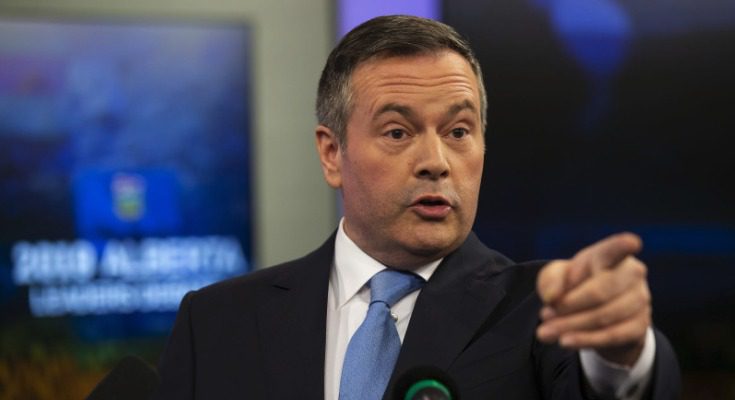
Chief Public Health Officer Dr. Theresa Tam and Deputy Chief Public Health Officer Dr. Howard Njoo will give up an update on COVID-19. Dr. Marc Berthiaume, the director of the Bureau of Medical Science at Health Canada, will also be in attendance.


Chief Public Health Officer Dr. Theresa Tam and Deputy Chief Public Health Officer Dr. Howard Njoo will give up an update on COVID-19. Dr. Marc Berthiaume, the director of the Bureau of Medical Science at Health Canada, will also be in attendance.
